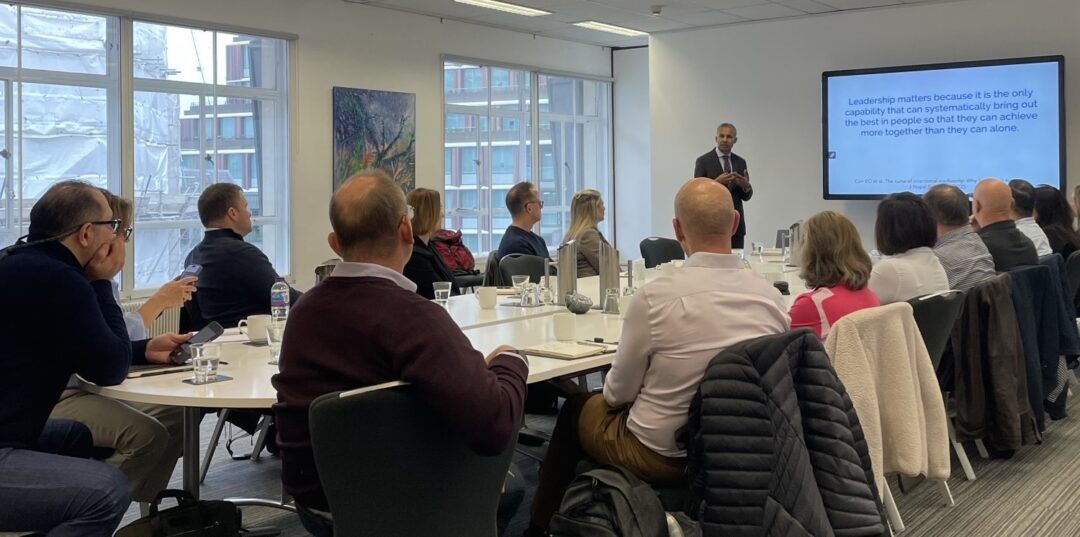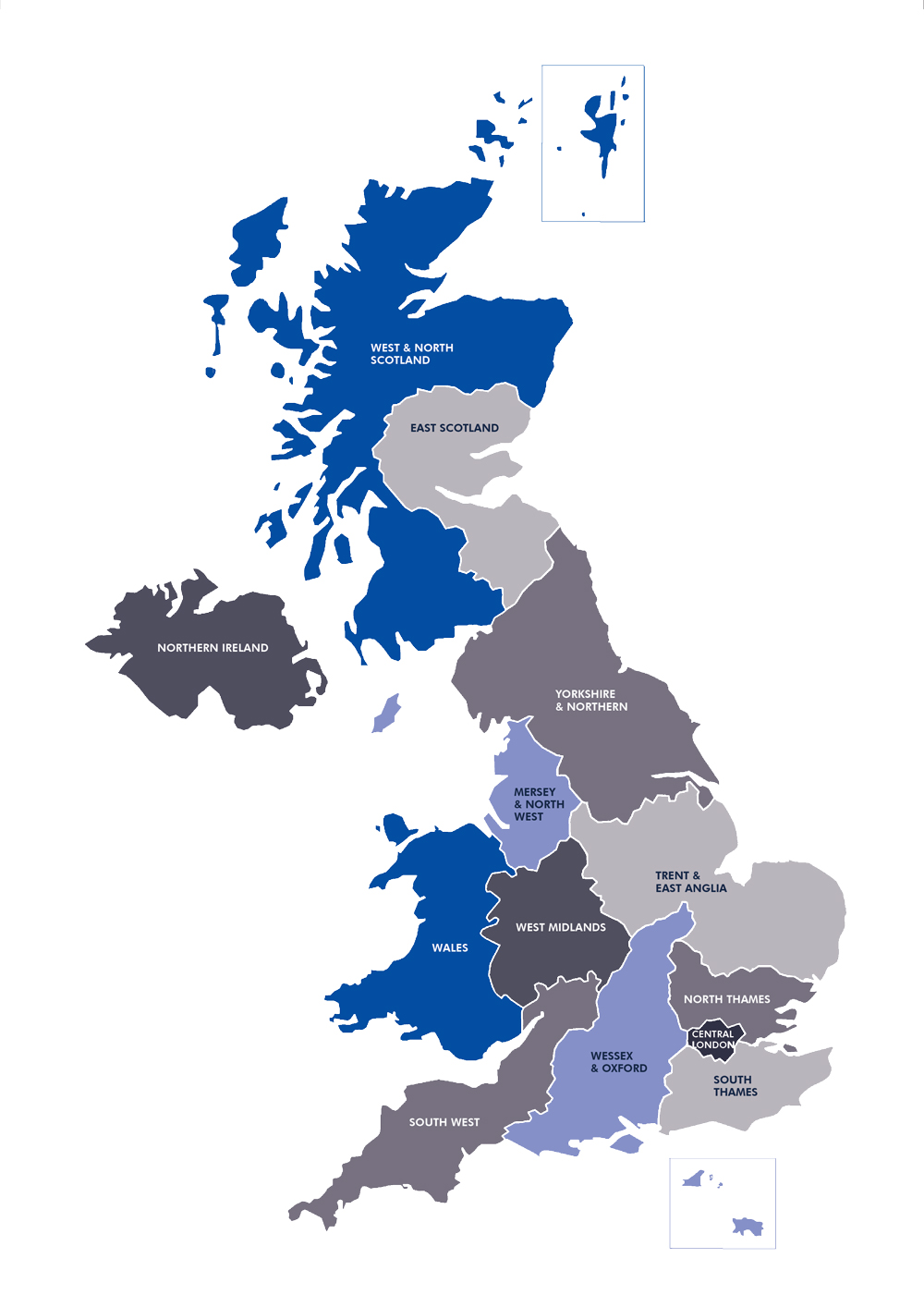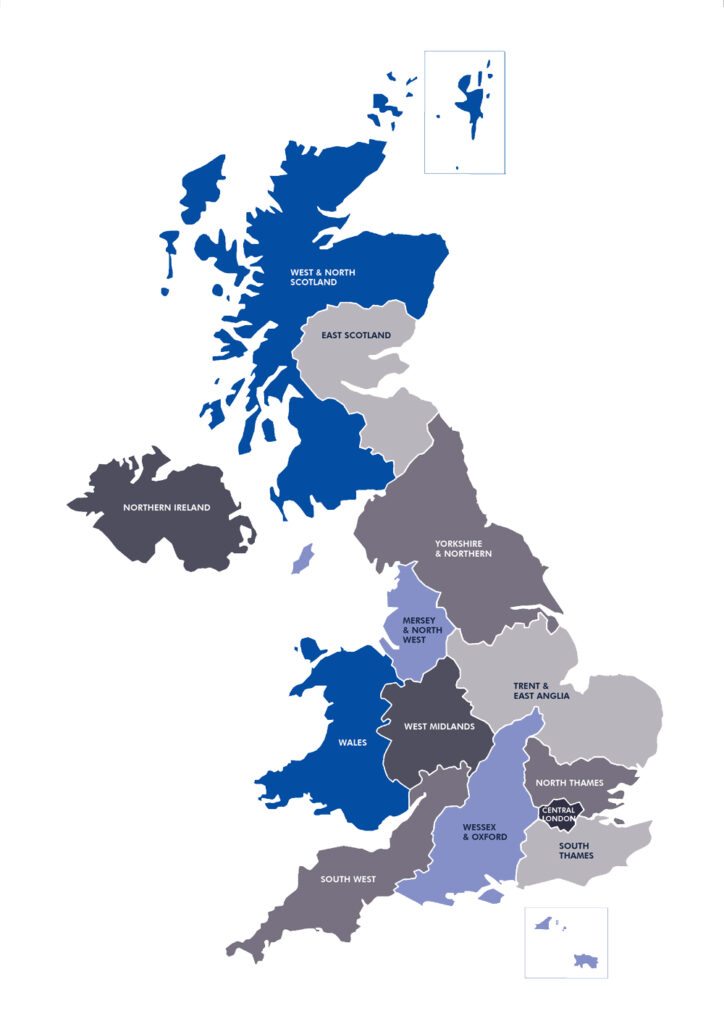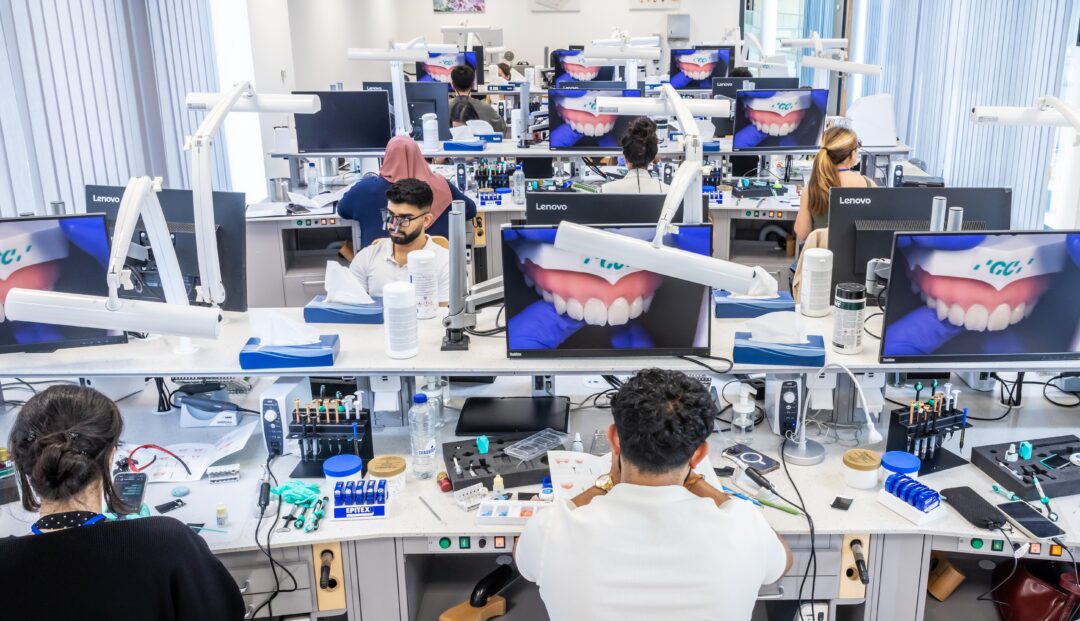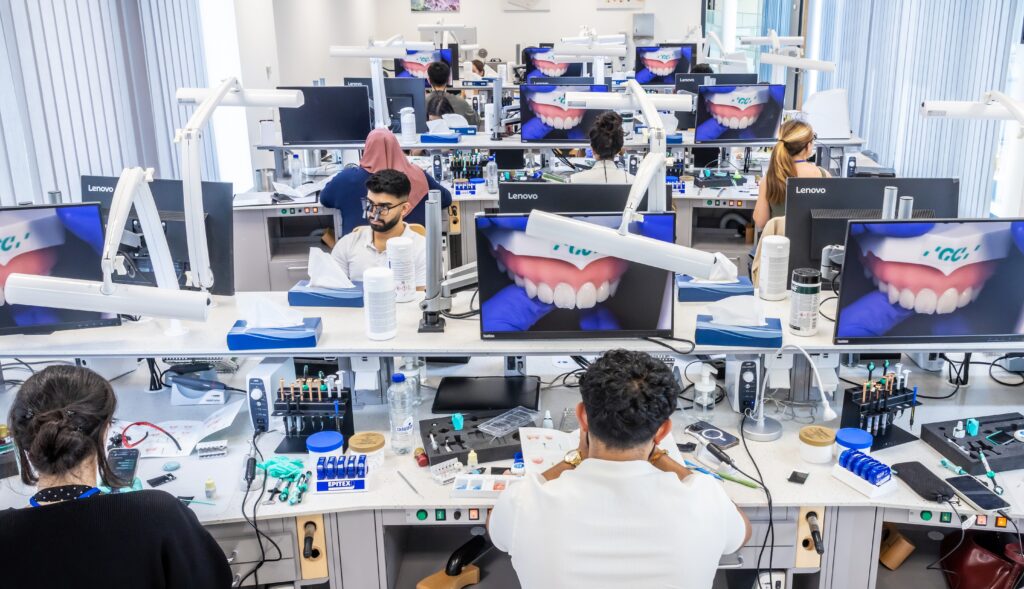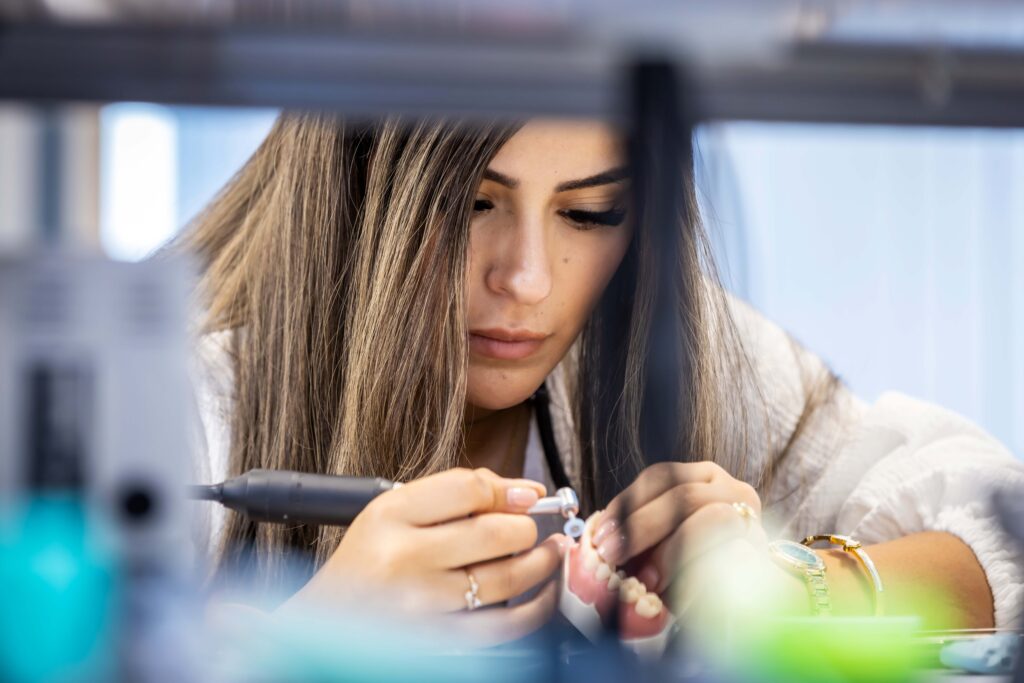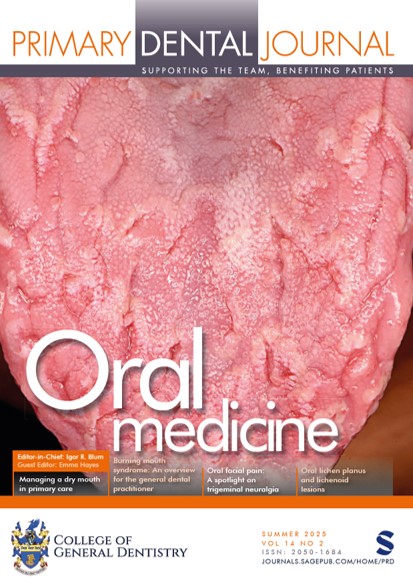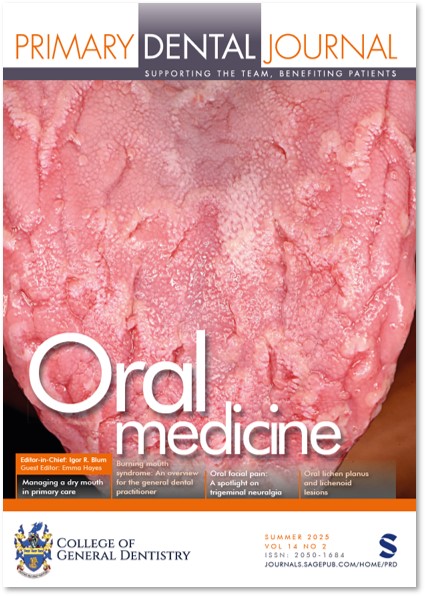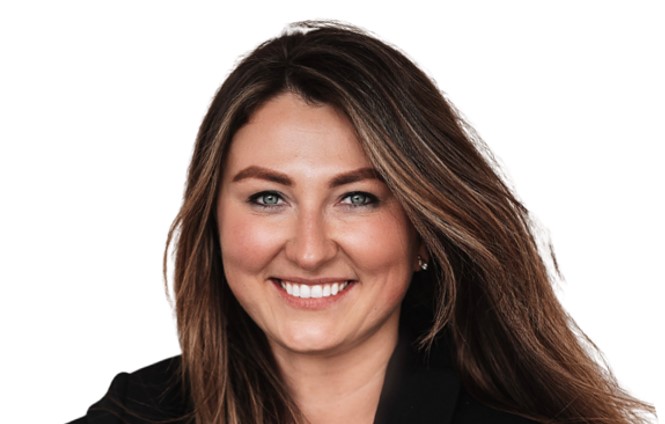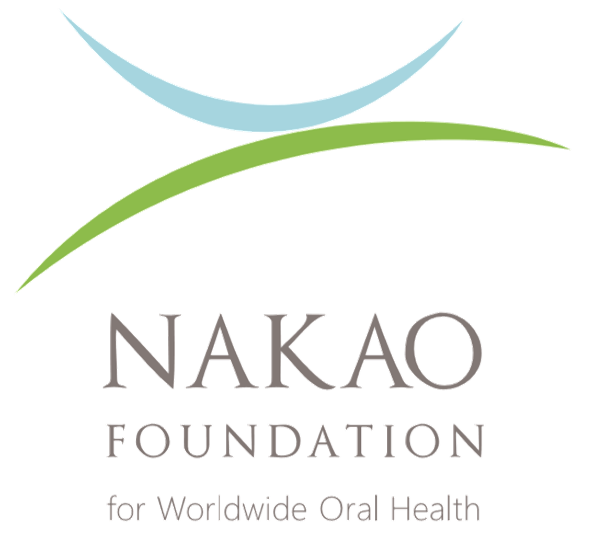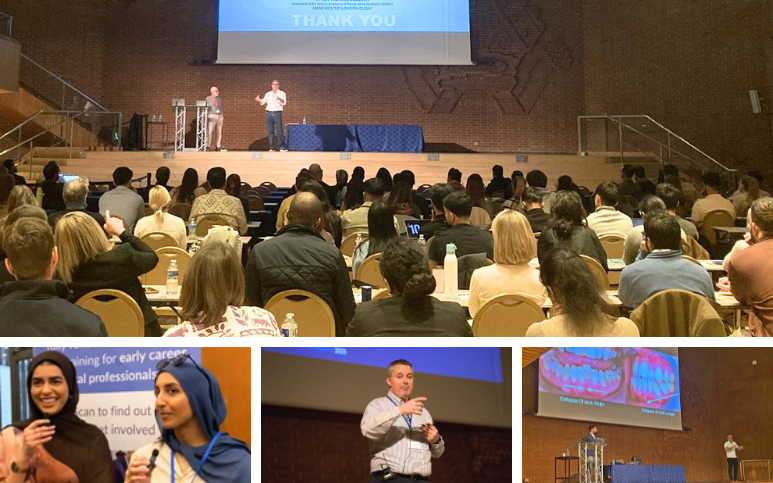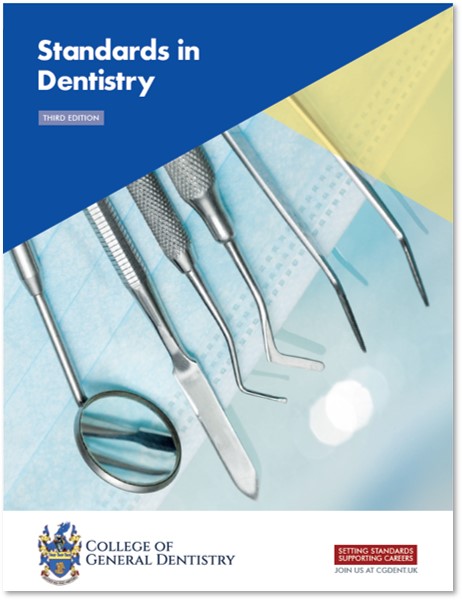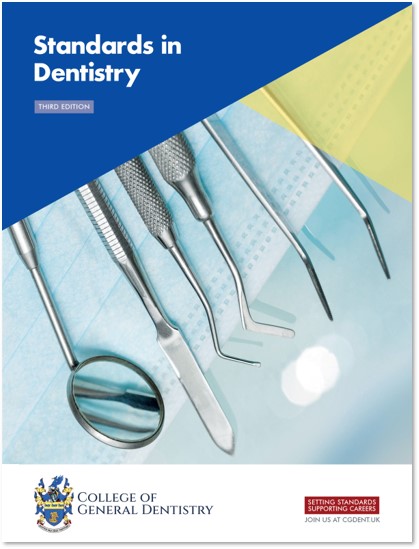The College recently hosted a Leadership Development Masterclass for dental professionals.
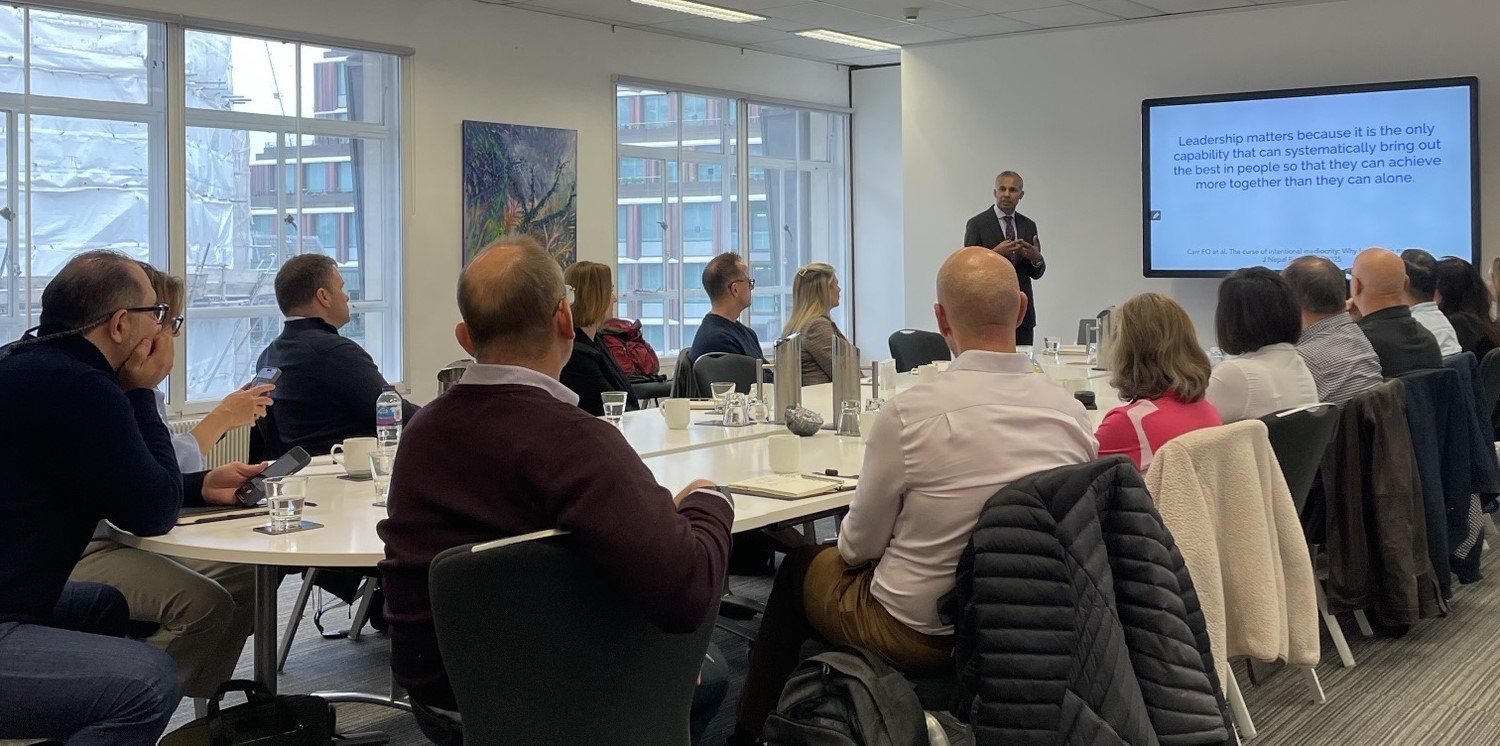
Professor Sreenivas Koka FCGDent presenting to participants at the CGDent Leadership Development Masterclass
The masterclass taught some of the most critical elements needed to be an effective team leader, with carefully curated content offering appropriate breadth and depth for early-career leaders, including
- Giving and receiving feedback as a leader
- Learning one’s motivations for leadership (and adapting accordingly)
- Measuring your leadership effectiveness
The one-day programme, which took place at the Royal Society of Medicine in London on Tuesday 14 October 2025, was restricted to Full Members, Associate Fellows and Fellows of the College and was attended by members from across the dental team.
The event was led by Professor Sreenivas Koka DDS MS PhD MBA MAS FACD FCGDent and Professor Elizabeth Carr MAADH DHA FACD(Hon) FCGDent.
Professor Koka is co-founder of Executive Leadership Enterprises and the Future Leaders in Prosthodontics (FLiP) programme, and founder of both the Shaping the Future of Implant Dentistry (SHIFT) leadership workshop series and the non-profit Career Design in Dentistry organisation. He is also a former Chair of the Massachusetts Institute of Technology (MIT) Sloan School of Management Alumni Board. Dean of the University of Mississippi School of Dentistry from 2021-2024, he has been a lecturer at the University of Michigan and University of California Los Angeles, and a professor at Loma Linda University, the University of Nebraska and the Mayo Clinic. In addition to qualifying as a Doctor of Dental Surgery, he holds a Master’s in Prosthodontics from the University of Michigan, an MBA from MIT, a Master’s in Applied Sciences from Johns Hopkins University and a PhD from the University of Nebraska. He was the founder and owner of Premium Dental Editing in Rochester, Minnesota, and of Koka Dental Clinic in San Diego, and is the author/co-author of over 100 peer-reviewed articles and nine book chapters. A Fellow of CGDent, he was brought up in Romford, emigrated to the United States at the age of 19 and is one of 16 dentists in his family.
Professor Carr is Chair of the Department of Dental Hygiene, Professor of Dental Hygiene and Director of the Mississippi Population Oral Health Collaborative at the University of Mississippi School of Dentistry, where she has worked for over 20 years. She holds a Bachelor’s degree in Dental Hygiene and a Doctorate in Health Administration from the University of Mississippi and a Master’s in Dental Hygiene from the University of Tennessee. She has also completed the MIT Sloan School of Management’s Executive Certificate programme in Leadership and Management. A Fellow of the CGDent, she is also an Honorary Fellow of the American College of Dentists, a past President of the Mississippi Dental Hygienists’ Association, and a member of the American Dental Hygienists’ Association and the American Academy of Dental Hygiene. Her peer-reviewed articles on leadership and dental education have been published in the Journal of the American College of Dentists, the Journal of International Oral Health, the Journal of Prosthodontic Research, the Journal of Prosthetic Dentistry, the Journal of Dental Hygiene and the Journal of Dental Education.
Professor Koka is also the guest editor of the next issue of the Primary Dental Journal (PDJ), which will be published later this year on the theme of leadership, and co-author of its paper ‘Oral health in the context of patient well-being: Implications for the general dentist’. Professor Carr is the author of ‘Effectively managing difficult conversations with patients and dental teams’. Both are co-authors of ‘Everyday leadership’.
Simon Thornton-Wood PhD, Chief Executive of the College, said:
“To practise dentistry requires years of education, yet people can take on leadership roles with little or no training at all. First-time and second-time dental leaders are challenged because other people’s actions now define them; the potential to fail in a leadership role is high and the consequences can be significant.
“That’s why leadership in dentistry is such a focus for the College. It was the theme of our very first journal issue in 2021, we’re re-visiting it in the next issue, it is one of our five domains of Fellowship and we have a recorded webinar on the subject available free of charge for all our members. It is also the topic of a blog post by our Immediate Past President, under whose Presidency we hosted a Leadership Workshop for early career dental professionals.
“Leadership can be taught and learned, so we were delighted to be able to host this masterclass, and privileged that it was delivered by two College Fellows who are world-leading scholars in the art and science of practising leadership in the context of oral healthcare delivery.”

